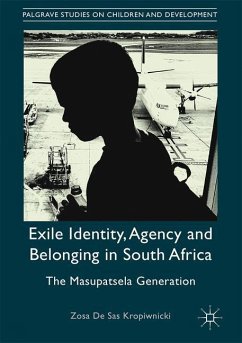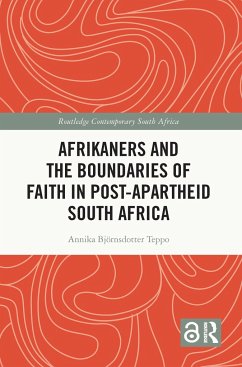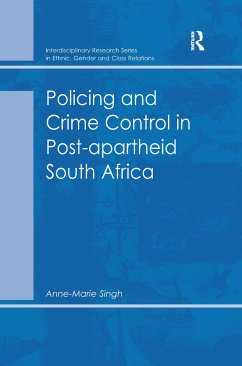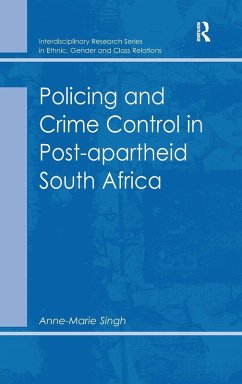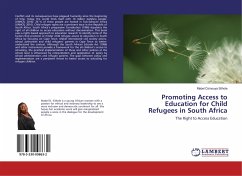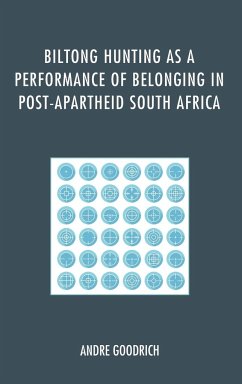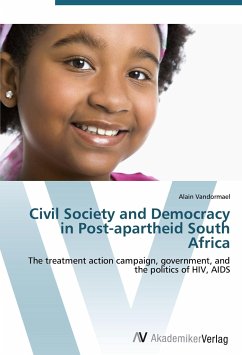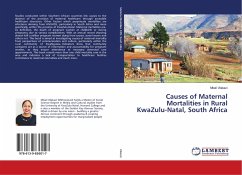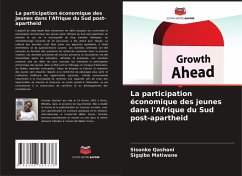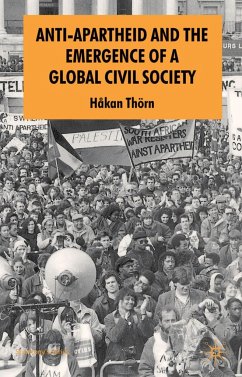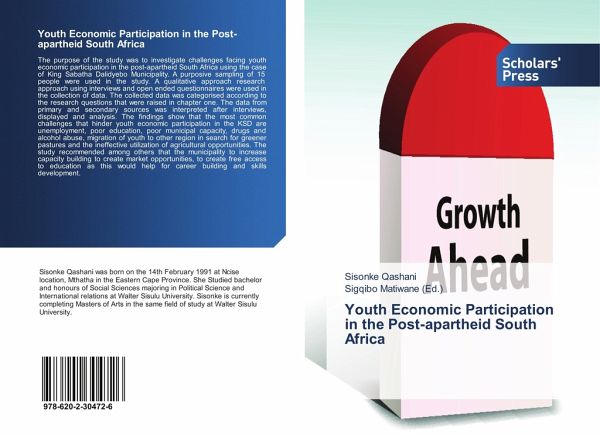
Youth Economic Participation in the Post-apartheid South Africa
Versandkostenfrei!
Versandfertig in 6-10 Tagen
30,99 €
inkl. MwSt.

PAYBACK Punkte
15 °P sammeln!
The purpose of the study was to investigate challenges facing youth economic participation in the post-apartheid South Africa using the case of King Sabatha Dalidyebo Municipality. A purposive sampling of 15 people were used in the study. A qualitative approach research approach using interviews and open ended questionnaires were used in the collection of data. The collected data was categorised according to the research questions that were raised in chapter one. The data from primary and secondary sources was interpreted after interviews, displayed and analysis. The findings show that the mos...
The purpose of the study was to investigate challenges facing youth economic participation in the post-apartheid South Africa using the case of King Sabatha Dalidyebo Municipality. A purposive sampling of 15 people were used in the study. A qualitative approach research approach using interviews and open ended questionnaires were used in the collection of data. The collected data was categorised according to the research questions that were raised in chapter one. The data from primary and secondary sources was interpreted after interviews, displayed and analysis. The findings show that the most common challenges that hinder youth economic participation in the KSD are unemployment, poor education, poor municipal capacity, drugs and alcohol abuse, migration of youth to other region in search for greener pastures and the ineffective utilization of agricultural opportunities. The study recommended among others that the municipality to increase capacity building to create market opportunities, to create free access to education as this would help for career building and skills development.



